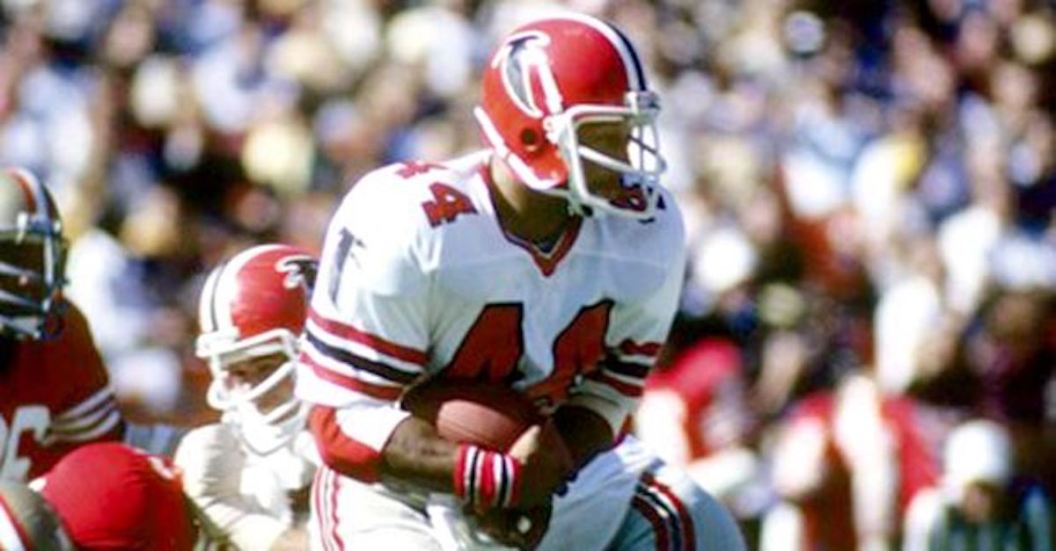Former Texas A&M and NFL running back Bubba Bean knows that the game of football has taken away as much as it gave to him. Now that he's older, he feels the impact of playing the game at a high level. And now, he believes he feels the effects of CTE.
Videos by FanBuzz
CTE, formally know as chronic traumatic encephalopathy, is a degenerative brain condition that many former football players have suffered through, or are currently suffering with.
Bean believes he's in the latter category, unfortunately, because when recently responding to a report on CTE being present in the brain of 99-out-of-100 now dead former football players, he relayed to Kathleen Witte of KBTX-TV that he feels many of the symptoms of CTE.
Per the report, CTE can impact motor functions, mood, and memory, and it presents itself similar to dementia later on in life. It can also significantly shorten its victim's life.
"My reaction was real simple," said Bean of hearing about the study. "I'm probably in the 99 percent."
The report said Bean is going in for CTE tests month.
Bean, who retired in 1982, was extremely open about the role that head injury used to play in football. That's not to say they don't happen anymore — because they certainly do — but nowadays, players, teams and the NFL are much more aware. Getting your "bell rung" is no longer a point of pride among football players and coaches.
"The concussion part of it was almost like a rite of passage," said Bean. "If you didn't get knocked out, it was almost like you hadn't played yet."
A sports medicine doctor interviewed for Witte's piece, Dr. Thomas Campbell, actually doesn't think helmets help much, and they certainly weren't as effective back when Bean was playing. In fact, according to Campbell the best way to prevent head injury would be to simply avoid a collision.
"Helmets only go far," said Campbell. "Prevention would be just avoiding the impacts or limiting them."
Unfortunately, that's basically the antithesis of football as we know it, but perhaps that's the problem.
